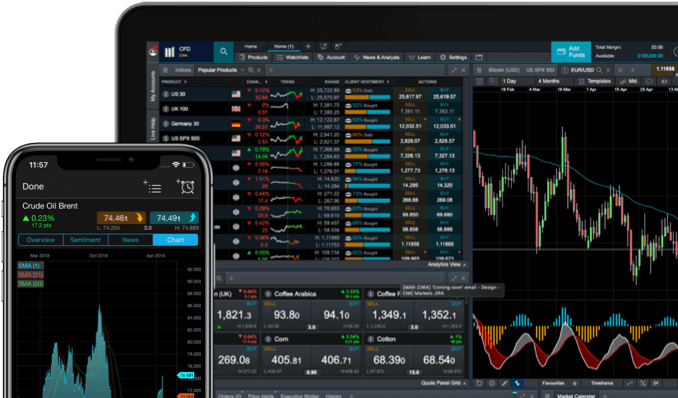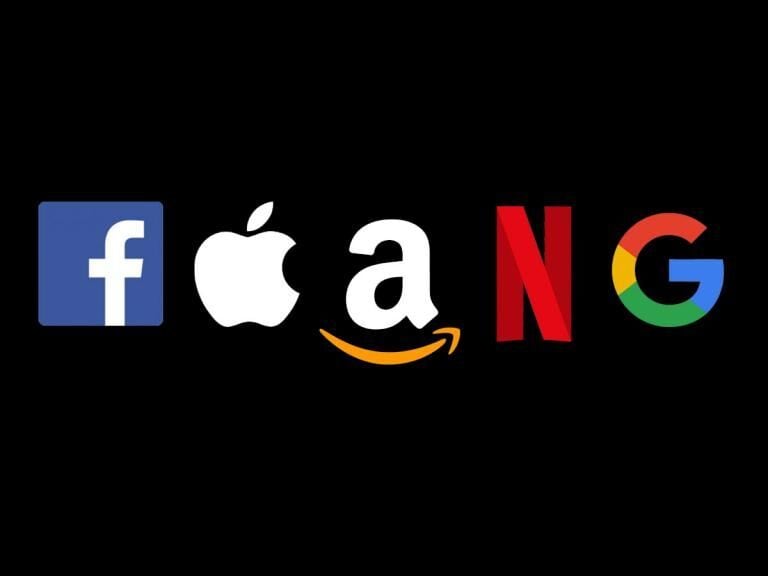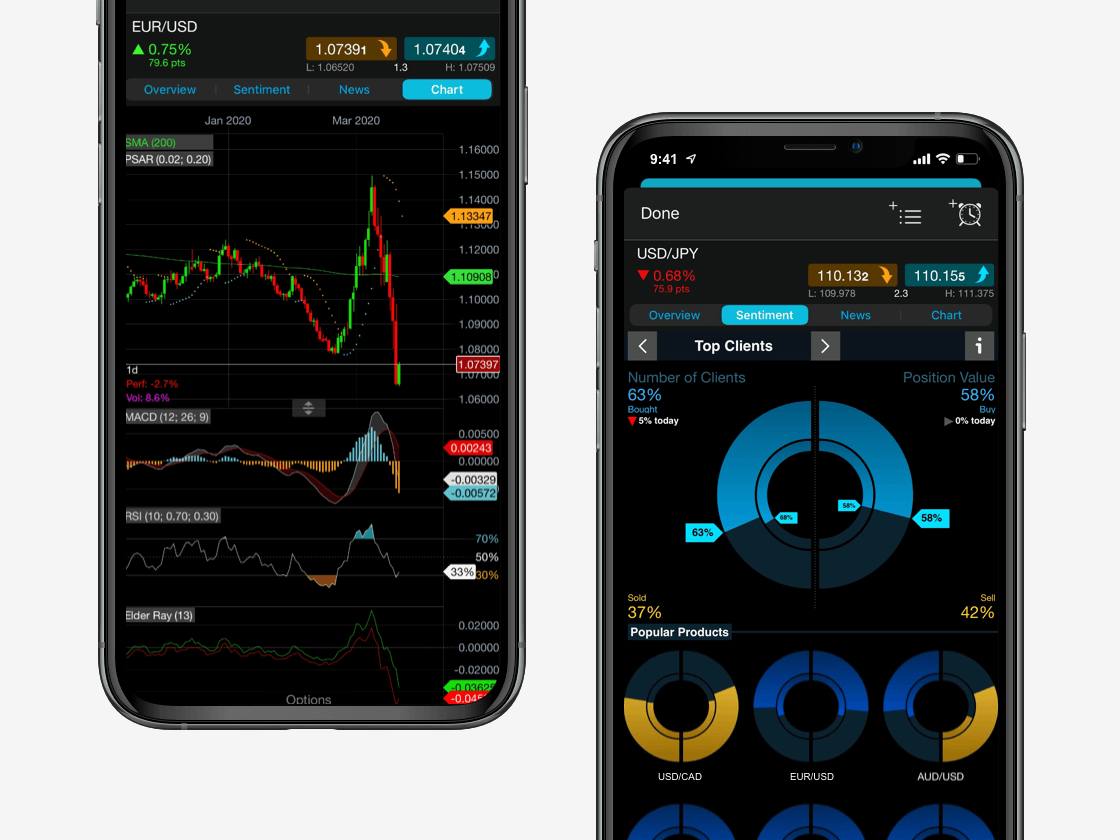FAANG is an acronym for the five biggest companies in the world within the tech sector. These shares are featured on the largest US stock indices, acting as benchmark for their industry. Notable indices include the Dow Jones Industrial Average (Dow 30) and S&P 500, which are two of the most reputable indices that traders look to when choosing a share. In particular, FAANG companies make up approximately 15% of the S&P 500 index, which is a heavy weighting, considering that there are 500 companies on the overall list.
FAANG stocks are most commonly traded in the long-term, due to their status as being some of the most reliable and stable. Although it is possible, it is less likely that these technology stocks will collapse in a market crash or period of recession, which helps to explain their endurance. Traders can either choose a long-term strategy, such as position trading, or some may prefer to trade FAANG stocks in the short-term, with day trading or scalping strategies. When the stock market is volatile, or certain FAANG companies are affected by fundamental factors such as earnings reports and other news releases, FAANG share prices have the potential to soar or drop within a short period of time.



















